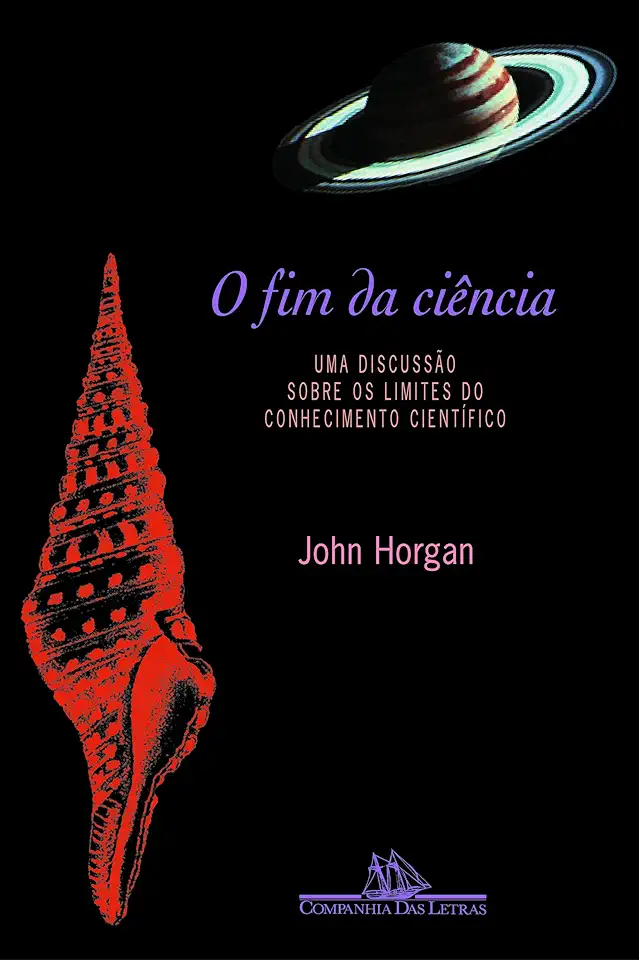
The End of Science - John Horgan
The End of Science: Facing the Limits of Knowledge in the Twilight of the Scientific Age
In his groundbreaking book, "The End of Science," John Horgan argues that the era of great scientific discoveries is coming to an end. He presents a compelling case that the low-hanging fruit of scientific discovery has already been picked, and that the remaining challenges are so complex and difficult that they are unlikely to be solved in the foreseeable future.
The Limits of Scientific Knowledge
Horgan begins by exploring the history of science, showing how the pace of discovery has slowed down in recent decades. He argues that this is due to a number of factors, including the increasing complexity of scientific problems, the difficulty of obtaining funding for research, and the growing skepticism of the public about science.
The Challenges of Complexity
One of the main reasons why scientific progress is slowing down is the increasing complexity of scientific problems. In the past, scientists were able to make great strides by studying simple systems, such as the motion of planets or the behavior of gases. However, today's most pressing problems, such as climate change and cancer, are much more complex and difficult to understand.
The Funding Crisis
Another challenge facing science is the difficulty of obtaining funding for research. In recent years, government funding for science has been declining, and private foundations are increasingly reluctant to support basic research. This makes it difficult for scientists to conduct the long-term, high-risk research that is necessary to make major breakthroughs.
The Skepticism of the Public
Finally, Horgan argues that the growing skepticism of the public about science is also contributing to the slowdown in scientific progress. This skepticism is due in part to the fact that science has not always lived up to its promises. For example, many people were disappointed when the Human Genome Project did not lead to a cure for cancer.
The Future of Science
Despite the challenges facing science, Horgan is not pessimistic about the future. He believes that science will continue to make progress, but that it will do so at a slower pace than in the past. He also argues that science will need to change in order to meet the challenges of the 21st century.
A New Kind of Science
Horgan calls for a new kind of science that is more interdisciplinary, more collaborative, and more open to new ideas. He believes that this new kind of science will be better equipped to solve the complex problems facing the world today.
Conclusion
"The End of Science" is a provocative and thought-provoking book that challenges our assumptions about the nature of scientific progress. Horgan argues that we are entering a new era in which science will be more difficult, more expensive, and more controversial. However, he also believes that science is essential to the future of humanity, and that we must continue to support it.
Why You Should Read This Book
"The End of Science" is a must-read for anyone interested in the future of science. It is a challenging and provocative book that will change the way you think about the world.